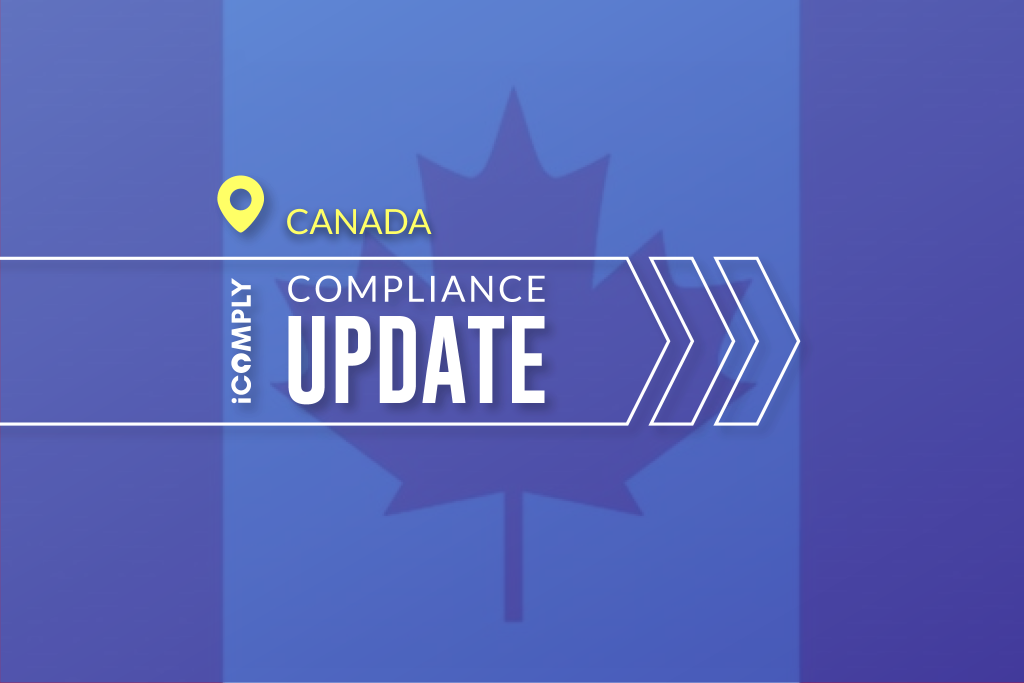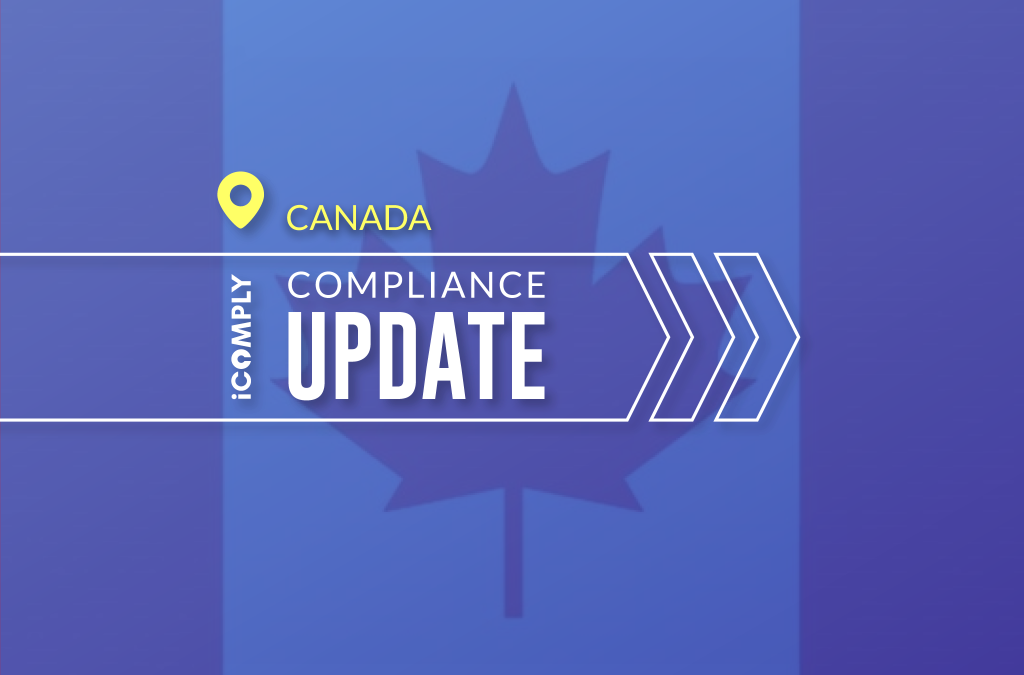Coinsquare Charged with Violating Securities Laws

Market manipulation among the charges presented by Ontario Securities Commission (OSC)
What happened?
July 14, 2020: The Ontario Securities Commission (OSC) charged Toronto-based crypto asset trading platform Coinsquare with violating Ontario securities laws, including engaging in market manipulation and misleading its clients about trading volumes.
Between July 2018 and December 2019, Coinsquare allegedly inflated its trading volumes by reporting fake or “wash” trades that represented over 90% of its trading volume. In addition, Coinsquare fired an employee who repeatedly raised concerns about the inflated trading volumes to Coinsquare’s senior management team.
Source: https://www.osc.gov.on.ca/documents/en/Proceedings-SOA/soa_20200716_coinsquare.pdf
Who is impacted?
Coinsquare management, business associates, investors, and other virtual asset service providers doing business with Coinsquare.
Why this matter?
Coinsquare and previous fraudulent virtual asset service providers such as Quadriga, Einstein, and Mount Cox continue to struggle with creating a viable and compliant business model in Canada
Internationally, companies that enter into or are considering a business relationship with Coinsquare will need to assess their anti-money laundering risk in light of this statement.
What’s next?
According to the OSC, one of Coinsqaure’s biggest failure was the decision by both management and directors not to ensure the company had strong governance and compliance in place. Coinsquare, and those doing business with the company, can expect additional scrutiny from both regulators and the market. In the meantime, Wealthsimple, an existing OSC regulated fintech, has recently entered the Canadian virtual asset market.
learn more
Is your AML compliance too expensive, time-consuming, or ineffective?
iComply enables financial services providers to reduce costs, risk, and complexity and improve staff capacity, effectiveness, and customer experience.
Request a demo today.
KYC in Various Industries: Tailoring Compliance to Sector Needs
Know Your Customer (KYC) regulations are fundamental to maintaining security and compliance across different sectors. However, the requirements and practices for KYC can vary significantly depending on the industry. This article...
AML Risk Management: Strategies for managing AML risks in financial institutions.
Managing anti-money laundering (AML) risks is a critical responsibility for financial institutions. Effective AML risk management strategies help institutions identify, assess, and mitigate risks associated with money laundering...
Transaction Monitoring Techniques: Methods for effective transaction monitoring to detect suspicious activities.
Transaction monitoring is a critical component in the fight against financial crimes. By continuously analyzing transactions for suspicious activities, financial institutions can detect and prevent fraudulent activities such as...




